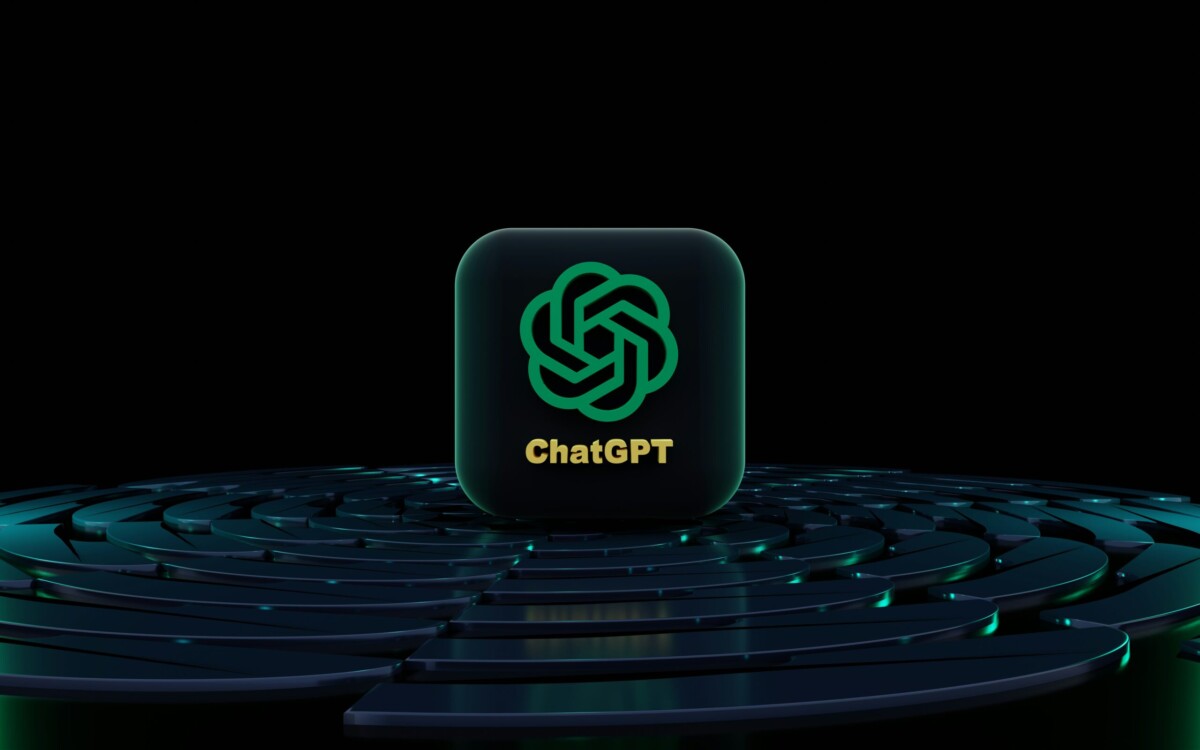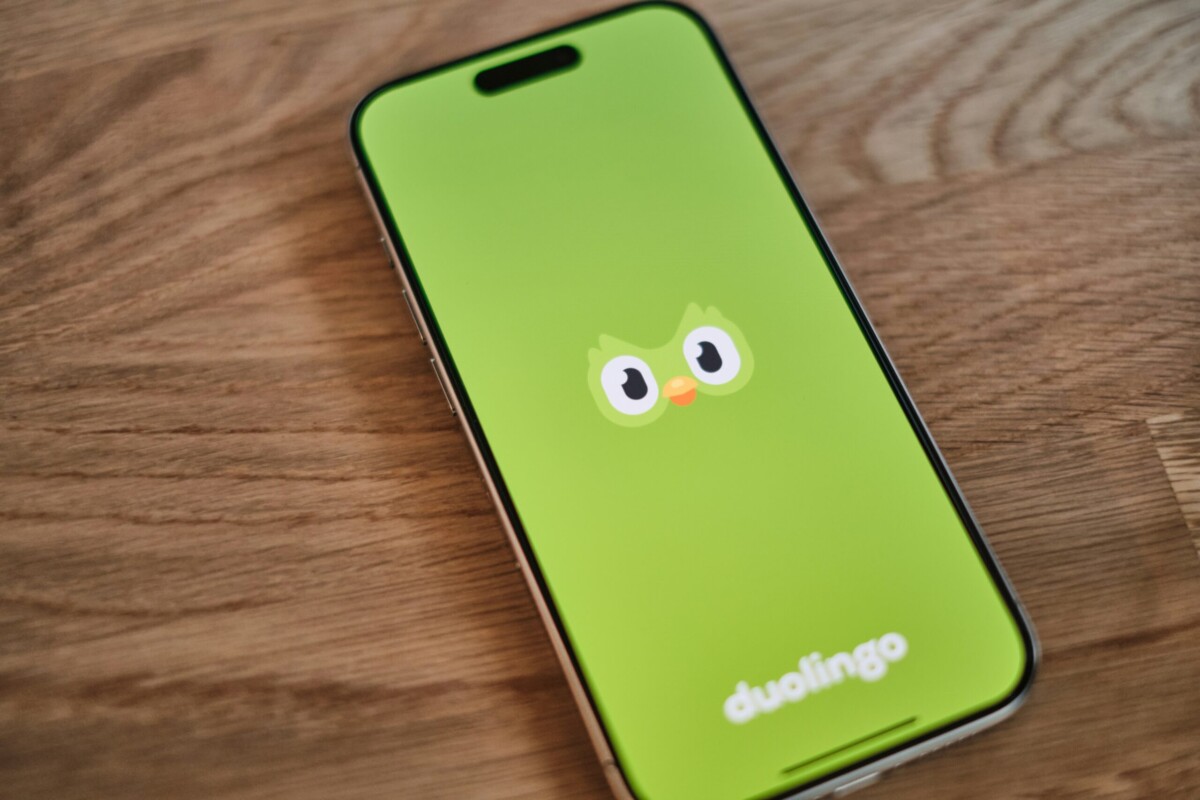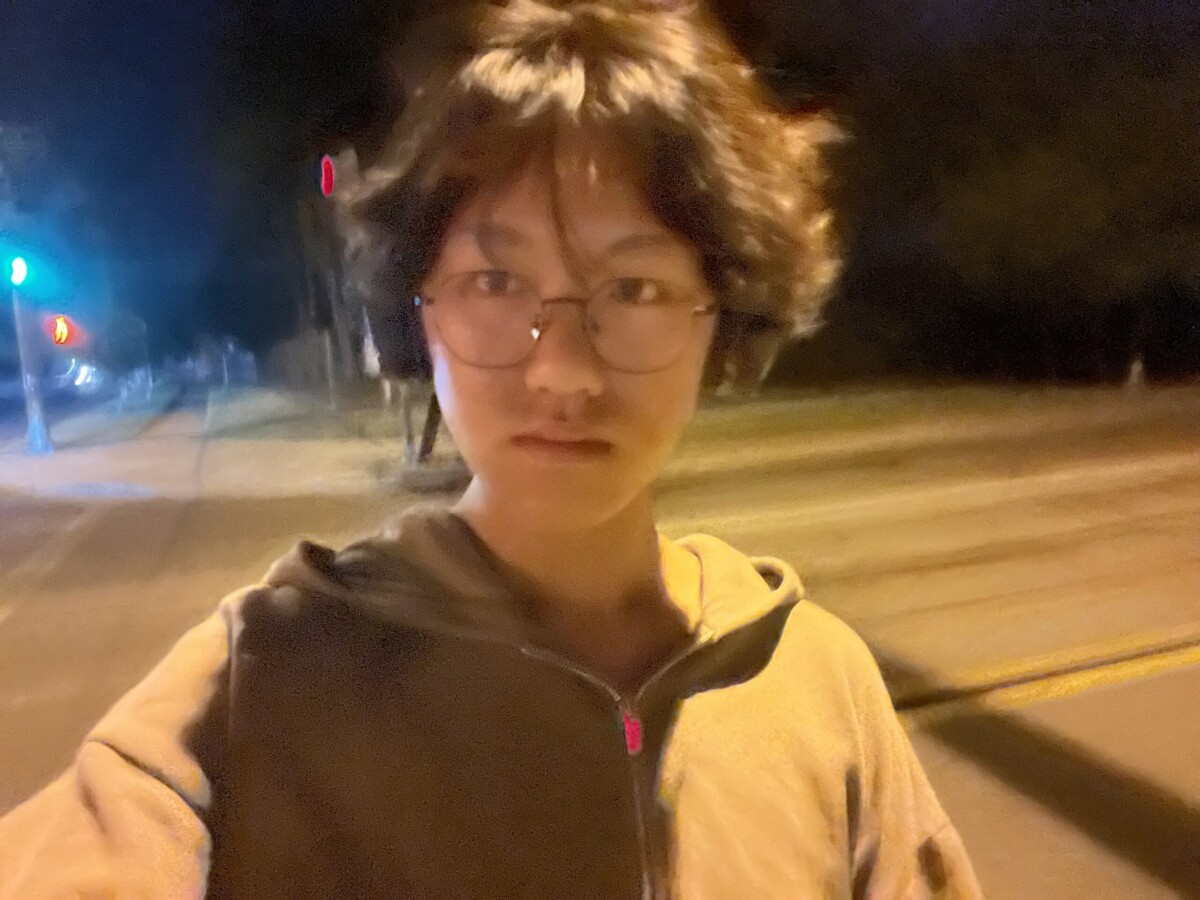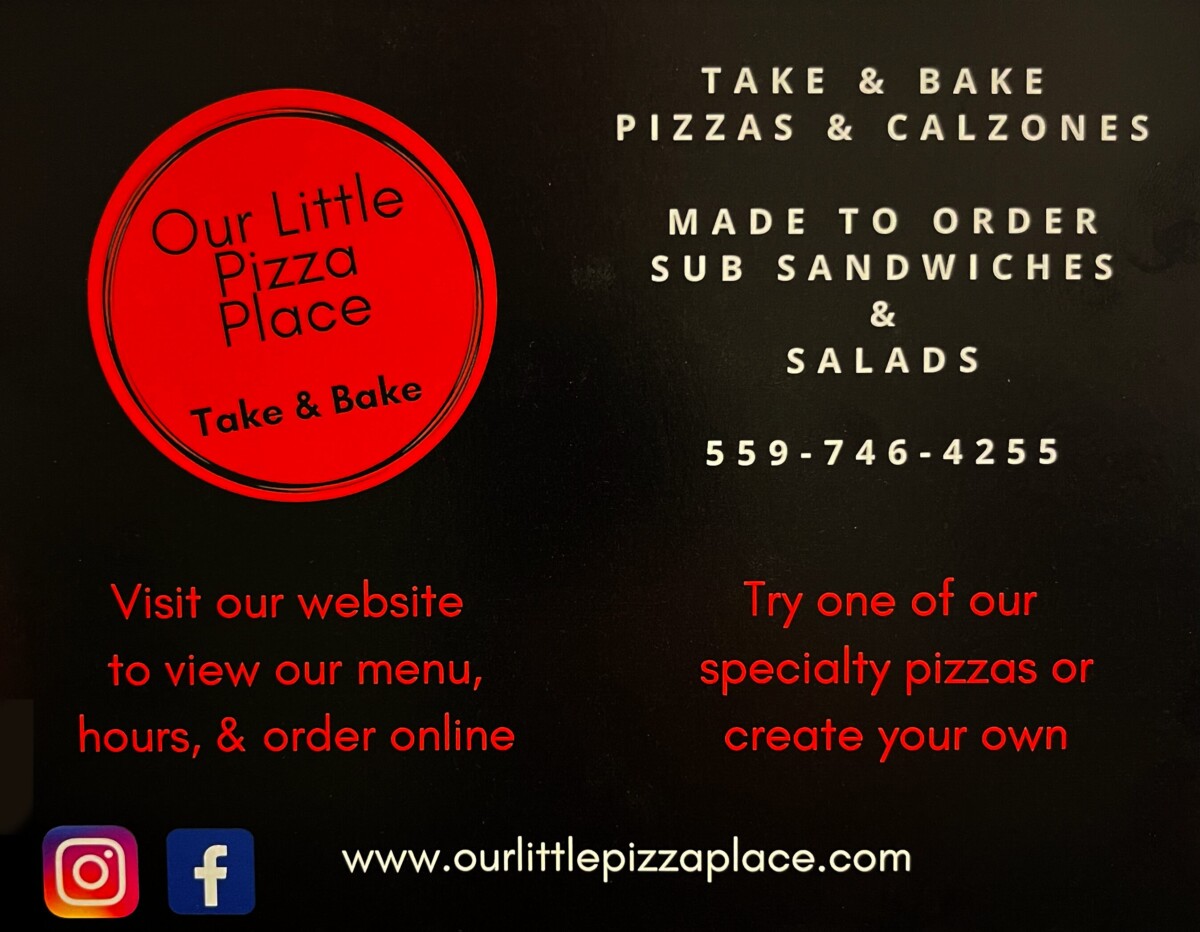With the rise of artificial intelligence, societal norms have drastically transformed to adjust to its integration in detrimental ways.
By: Haley Padilla
Technological advancements have contributed to humankind since their introduction around three million years ago. From honed stone tools during the Stone Age to the iPhone in the 21st Century, humans have utilized newfound devices to their advantage and have grown rather reliant on such objects over time.
Since 1950, innovators have added multiple monumental technological breakthroughs, such as the development of computers, the Internet, mobile phones, and, most recently, artificial intelligence, to our society. Such technologies have become integral in the human lifestyle, providing easier communication, quick access to information, and simplifying tasks. Cell phones especially have seemingly become an essential part of life, with people of all ages consumed in the wonder of social media and its elements.
But nothing in existence is rid of consequences.
Artificial intelligence (AI), proposed by a professor at Dartmouth College, has been in development since 1956 with the idea of inventing thinking machines. For the past 69 years, AI has made significant progress with facial and vocal recognition, video and image generation, planning, and decision-making.

The public release of large AI programs occurred around the 2020s, the most successful and populated being ChatGPT. ChatGPT became a phenomenon with its alluring features of text summarization, question answering, and abilities to communicate like a human.
Citizens’ initial response was overwhelmingly positive, mainly being observed as a groundbreaking tool capable of the impossible. Lately, however, the application has been used for all the wrong purposes.
A grand demographic of students, once seeing AI as assistance in education, have begun to rely entirely on its abilities to perform well academically. Whether it’s ChatGPT, Snapchat AI, Gauthmath, or Grammarly AI, people have had a machine crank out the answers to all their schoolwork, regardless of the subject or assignment. AI can fill in the blanks on homework, write whole essays, solve a math problem with work shown, et cetera.
In simpler terms, people have been abusing the use of AI for their own temporary educational benefit. Grades and report cards are generated by artificial intelligence, illustrating the illusion of a ‘perfect’ student; when, in reality, the student cannot draft an essay without relying on AI assistance.
Quite frankly, a dependence on artificial intelligence is all useless in the end. One cannot expect to proceed to prestigious universities and obtain high-income occupations if they aren’t capable of completing things themselves. It is the harsh truth, but it is reality.
AI is a tool, not a replacement. Let it help you write, not write for you.
You could have AI complete your schoolwork for you, however at least attempt to understand how it came to that conclusion. Use AI to build onto your education, not to take away from it.
The exploitation of AI does not end with academics.
Creative industries have been bearing the brunt of AI since its inception. AI, with its capabilities of producing art and authoring articles with the command of a prompt, has been perceived more as a replacement for artists and writers rather than a tool by prominent companies.
Even before AI, artists and writers have been neglected and undervalued by their employers, despite being the foundation of multiple businesses. In the present day, their treatment has worsened. Executives view them as insignificant and ponder: “Why should I pay them when I could have an AI do it for free?”

Unsplash.
Duolingo is a perfect example of such a mindset. On April 28th, 2025, Duolingo’s CEO, Luis von Ahn, announced a shift to an “AI-first” strategy. The declaration induced great backlash from the community, resulting in a boycott of the company. Duolingo’s TikTok page’s comments were congested with hate until they reset their account, deleting all of their videos.
This selfish revelation has led to a massive downfall in job opportunities for those who work in creative industries, slowly rendering their degrees useless. AI is the erasure of human creation, replaced with soulless, uncanny artwork. A machine could never truly replicate the masterpiece of a human, yet many corporations don’t realize that.

“I believe that AI use in creative industries is extremely detrimental because [AI] is trained on all human-made work and steals from the people that it’s replacing,” says Rei Zeng, ‘28, a self-proclaimed artist. “I think it especially devalues creativity and the struggle it takes to create art.”
Artificial intelligence is not a resource that should be dismantled simply because of its misusage. It is not inherently bad on its own, it is the way the user manipulates it. Rather than adapting to a life maneuvered by AI, society must start rejecting its overexploitation.
Artificial intelligence should be utilized to assist human advancement, not to substitute it.
Tags: rangers, Redwood, redwood gigantea, redwood high school, redwood journalism, the branch, visalia ca

